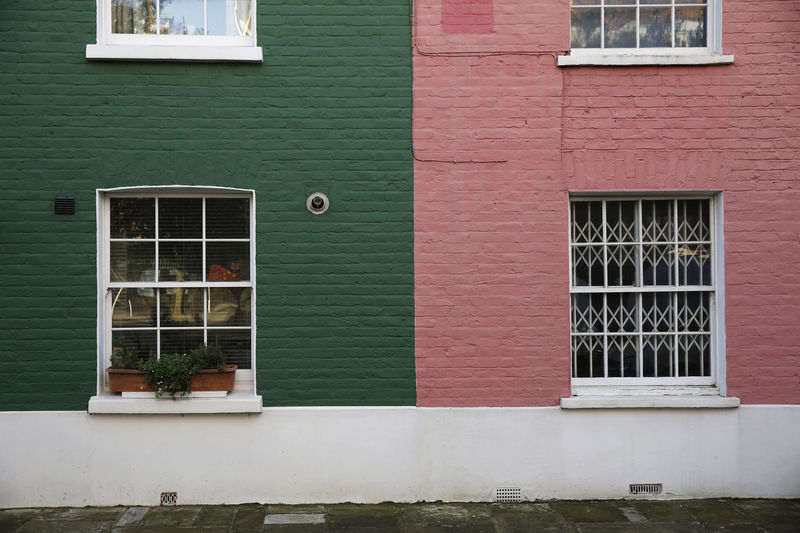LONDON (Reuters) - Britain's main inflation rate ticked up last month but stayed close to January's two-year low, helping consumers maintain their spending power even as Brexit remained uncertain.
Wednesday's official data also showed house prices rose at the weakest annual pace seen in five-and-a-half years, dragged by London prices falling by the most since September 2009 -- just after the low point of the global financial crisis.
Consumer prices rose at an annual rate of 1.9 percent in February after a 1.8 percent increase in January, the Office for National Statistics said. A Reuters poll of economists had pointed to a rate of 1.8 percent.
But core inflation, which strips out volatile food and energy prices, edged down, leaving the overall picture of domestic price pressures in Britain muted ahead of Brexit.
The weakening of inflation, combined with the lowest unemployment rate in 44 years and rising wages, has taken the edge off the uncertainty about Brexit for many households whose spending drives Britain's economy.
Data due for release on Thursday are expected to show retail sales grew by an annual 3.3 percent last month, weaker than immediately before the Brexit referendum in 2016 but above its average for much of the last decade.
Britain's modest inflation rate is also helping the Bank of England as it holds off on fresh interest rate hikes while it waits for the outcome of Britain's Brexit impasse.
A group of officials at the central bank have said over the past couple of weeks that they want to see firm evidence of domestic inflation pressure building before they vote to raise rates.
"The rate of inflation is stable, with a modest rise in food as well as alcohol and tobacco offset by clothing and footwear prices rising by less than they did a year ago," ONS statistician Mike Hardie said.
The ONS said house prices in January rose by an annual 1.7 percent across the United Kingdom as a whole, the smallest increase since June 2013, when Britain was still struggling to shake off the effects of the global financial crisis.
Prices in London alone fell by 1.6 percent, marking 11 months where prices have not risen. The ONS said prices in the capital were down 3.3 percent from their recent peak in June 2017.

(This story has been refiled to correct spelling in final paragraph).